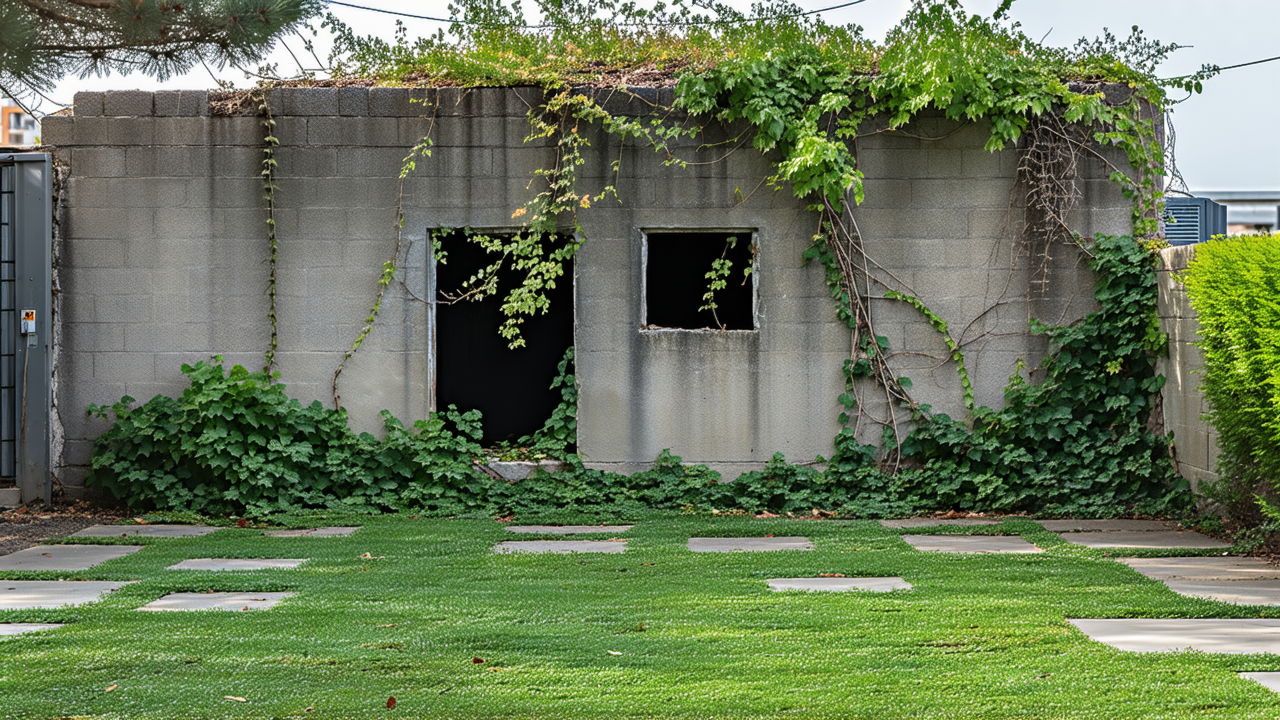Palestinian-Australian Principal Takes Six Months’ Stress Leave After Over 100 Family Members Die in Gaza
Palestinian-Australian Principal Takes Six Months’ Stress Leave After Over 100 Family Members Die in Gaza
By national education and parenting reporter Conor Duffy and the Specialist Reporting Team’s Gemma Breen and Miwa Blumer
On the Gold Coast, in a lush backyard that stands in stark contrast to the devastation of Gaza, Sami Muamar is grappling with the emotional and psychological toll of a war that has claimed the lives of over 100 of his extended family members. As a principal of one of Australia’s largest Islamic schools in Brisbane, Muamar has taken six months of stress leave, unable to continue in his role without the support he desperately needs.
For nearly two years, Muamar has been haunted by recurring nightmares in which he is safe in Australia while his sister and extended family in Gaza endure unimaginable suffering. "It is literally hell. Hell, because they live in a tent, there is no clean water, and in the tent, it’s hot, they can’t even have air," he said.
Each time he picks up his phone, he is reminded of the dire conditions faced by his family in Gaza, who survive on little more than a cup of lentils a day. "It’s just a nightmare and it’s not for one week, two weeks, three weeks. It is for almost two years," he said, describing the ongoing torment of helplessness and guilt.
Despite sending money overseas to support his family, Muamar has been unable to secure a visa for his sister to join him in Australia, leaving him trapped in a cycle of despair. "I have hope of planting a seed and making something new. It makes you think there is hope for coexistence," he said, finding solace in the small acts of hope that remain in his life.
Dr. Ali Kadri, CEO of the Islamic College of Brisbane, supports Muamar’s decision to take time away from his role, even though the school now starts term three without its principal. "The challenges are immense. People think this is happening far away but it’s not really happening far away, it’s happening on our mobile screens, it’s happening on our tv screens and it’s human beings suffering," he said.
Dr. Mohamed Mustafa, a Palestinian Australian who has recently returned from volunteering as an emergency doctor in Gaza, described the conditions there as akin to working in a concentration camp. "You’re working in a concentration camp, no food, no water, no electricity. You’re not allowed to bring in medical supplies with you, 2,000-pound bombs are going off hundreds of metres away from you," he said.
Mustafa, who also has a wife in Gaza, shared the anguish of watching loved ones suffer in real-time on social media. "To watch it unfold in real time, to watch it live-streamed on our phones, I don’t think anyone has been in this unique position to watch the destruction of their families and their homes … it makes it very hard to be a Palestinian," he said.
As Muamar retreats to his garden, he finds a measure of peace in the hope that planting a seed can lead to something new. "When you plant a seed and you see it coming back it gives you hope of life," he said, expressing a belief in the possibility of coexistence despite the destruction he has witnessed.
In an increasingly polarized world, the stories of those like Muamar and Mustafa highlight the urgent need for empathy and understanding in the face of human suffering. Their experiences are not just personal but a reflection of the broader humanitarian crisis unfolding in Gaza.
